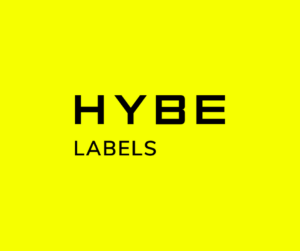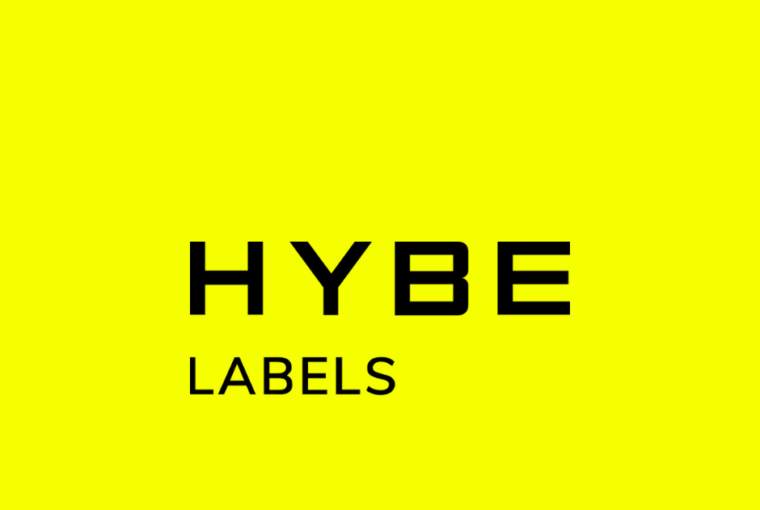The Fair Trade Commission (FTC) fined South Korea’s four largest K-pop entertainment companies—HYBE, SM, YG, and JYP—for violating e-commerce consumer protection laws. On August 11 KST, the FTC imposed a total fine of 10.5 million KRW (approximately $7,700 USD) on these agencies and issued corrective orders to ensure they comply with the ‘Electronic Commerce Act’.
The FTC penalizes the Big 4 K-pop agencies for violating consumer protection laws in their online stores
Fair Trade Commission found that these companies set excessively strict and unfair conditions for refunds on idol-related merchandise, including albums and official goods. The FTC highlighted practices like shortening the legally mandated refund period and requiring unreasonable documentation, such as filming product unboxings to qualify for refunds when items were missing.
Weverse Company, associated with HYBE, received a fine of 3 million KRW. SM Brand Marketing (SM), YG Plus (YG), and JYP Three Sixty (JYP) were each fined 2.5 million KRW.
ICYMI: All of the “Big 4” K-pop agencies — #HYBE, #SM, #YG and #JYP — will likely post disappointing earnings in the second quarter, taking a one-two hit with reduced CD exports, and the absence of activity by A-list artists like #BTS and #Blackpink.https://t.co/Rqr1Qynuyi
— The Korea JoongAng Daily (@JoongAngDaily) July 17, 2024
Among the violations, SM’s policy required customers to return products due to a change of mind within seven business days of delivery, which goes against the law, allowing customers seven days from the receipt date to decide on a return. SM and JYP also broke the law by demanding that customers submit claims for defective or incorrect items within seven days of delivery, while the law permits returns within three months from receipt or 30 days from discovering the defect.
The companies also denied compensation for lost items after a specified period, restricted returns if packaging was opened or damaged, and demanded video proof of unboxing for claims of missing items. These actions placed an undue burden on consumers, violating legal protections that should favor the buyer.




Moreover, in response to the FTC’s findings, all four companies corrected their policies voluntarily, which led to reduced fines. However, the FTC’s actions serve as a reminder of the importance of fair consumer practices in the e-commerce space, especially within the influential K-pop industry.







